--------------Kelly
Most countries are taking the threat of plastic pollution seriously. According to a U.N. report, 127 countries had implemented some type of policy regulating plastic bags by July 2018.
The first country to ban plastic bags was Bangladesh, which enacted the rule in 2002.
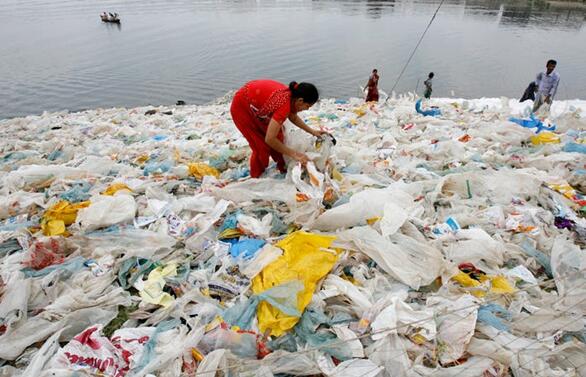
A woman dries plastic bags for recycling on the banks of Buriganga river in Dhaka, Bangladesh.
The country imposed the ban after officials discovered that the bags had blocked Bangladesh's drainage system during devastating floods.
Nearly two decades later, dozens of countries — including France, India, Mali, the Republic of the Congo, Morocco, and Papua New Guinea — also have bans in place.
Kenya has the strictest plastic bag ban of all. The punishment for breaking the law is up to four years in jail or fines up to $40,000. Rwanda has a strict policy as well.
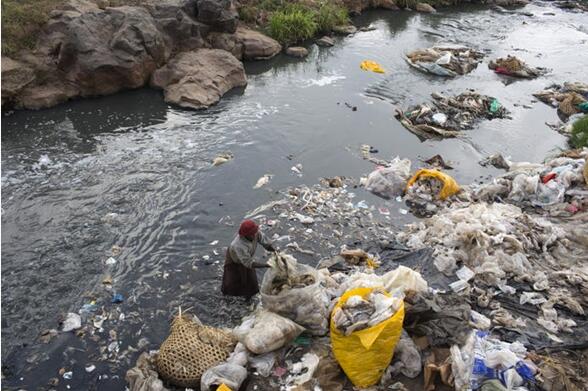
A woman recycles plastic bags from a river near the Dondora dump site, close to Nairobi, Kenya.
Kenya's ban, enacted in April 2017, is touted as the world's toughest law aimed at reducing plastic pollution. Kenyans producing, selling, or even using plastic bags risk imprisonment and fines.
Rwanda has a similar ban; illegal use of the bags can result in fines or jail time. The Rwandan law is so harsh, in fact, that it sparked a plastic bag black market.
A Somali terrorist group also banned single-use plastic bags in the areas it controls.

Newly trained al-Shabab fighters perform military exercises south of Mogadishu, Somalia.
Plastic-bag waste reached such high levels in China that citizens coined the term “white pollution.” The country adopted a full ban in 2008.
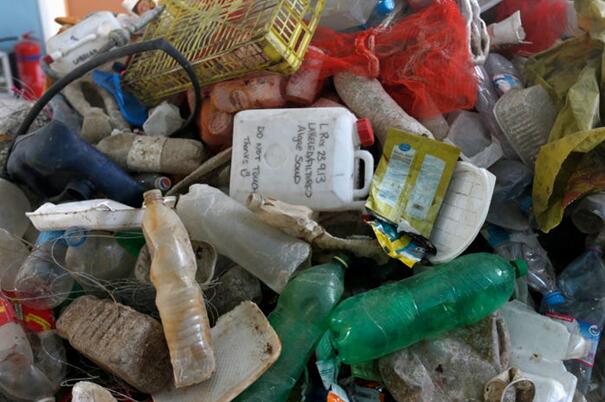
Unfortunately, China still struggles to enforce its plastic bag ban. Since then, plastic bag waste has dropped by between 60-80%.
In 2018, the city of Montreal banned single-use plastic bags.
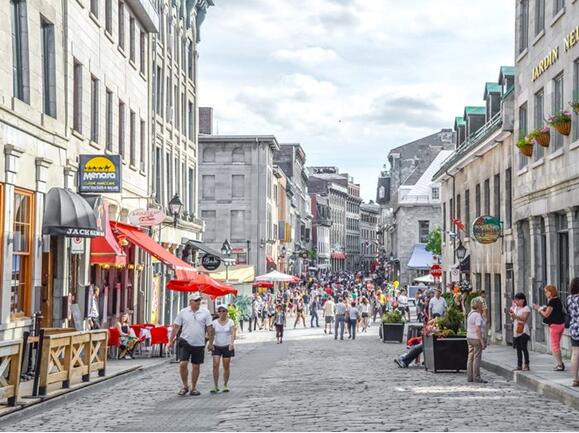
Shopkeepers in Montreal were given a few months to adjust to the city's plastic bag legislation.
First-time offenders could face fines of up to $1,000 for individuals and $2,000 for corporations.
The same year, Taiwan announced a plan to enact one of the world's farthest-reaching bans on single-use plastic bags, straws, utensils, and cups.
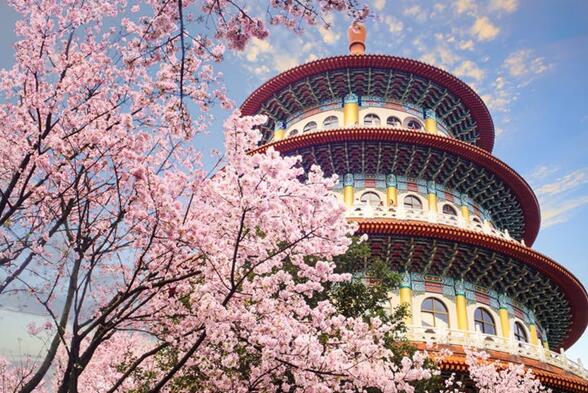
The experience of eating take-out and shopping for groceries in Taiwan will change in the next decade thanks to the coming plastic ban. The ban should be in place by 2030.
New Zealand also announced a plastic bag ban in August 2018.
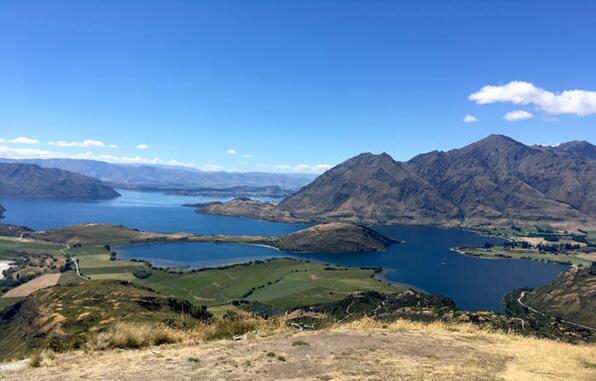
A view of Lake Wanaka in the Otago region of New Zealand. Ariel Schwartz/Business Insider
Store owners faced fines of up to 100,000 New Zealand dollars ($67,500 US) if they didn't phase the bags out within six months.
New Zealand prime minister Jacinda Ardern said that school children wrote to her about plastic more than any other subject.
"We’re taking meaningful steps to reduce plastics pollution so we don’t pass this problem to future generations," she said at a press conference.
Bamboo Biodegradable Material(BBM) is sourced from nature bamboo, 100% biodegradable, compost and non-plastic, BBM is able to replace of plastics to produce disposable tableware, food packaging, medical packaging and toys, film, etc. , easy process and eco-friendly.
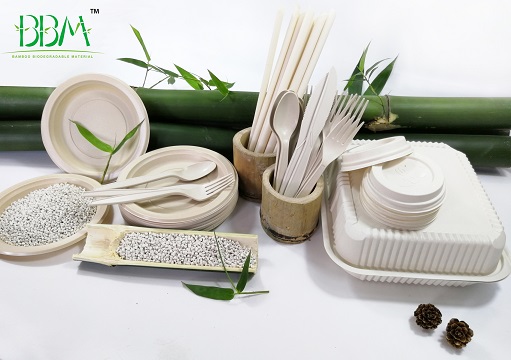
Scan to wechat:
